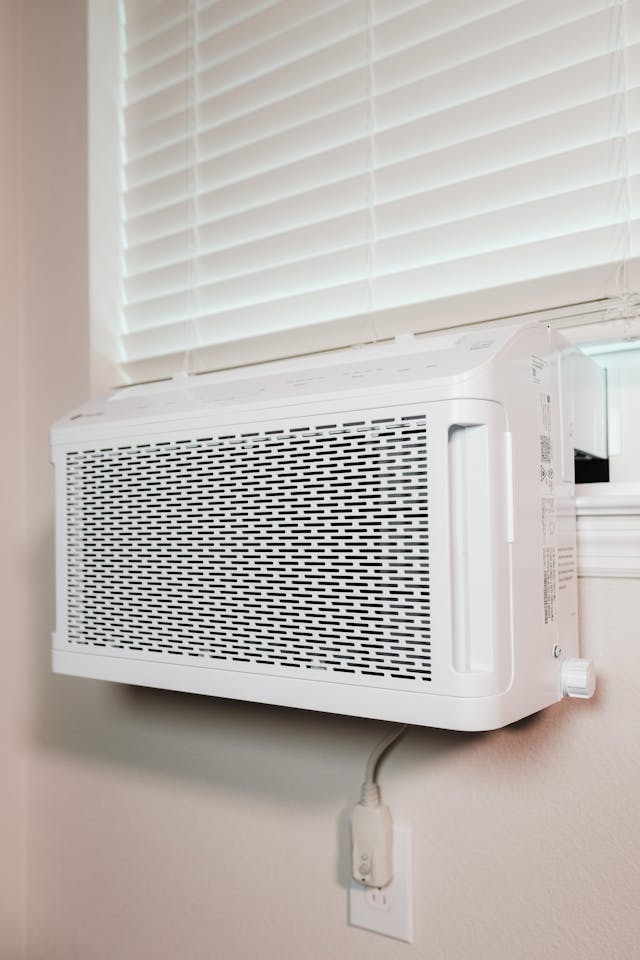Your body changes with age. Crossing the 30-year mark may mean that you have to cut back on some activities such as enjoying a drink or two the night before a big meeting or surviving on three to four hours of sleep. It may also call for some adjustments in your self-care routine.
Self-care doesn’t involve buying a new outfit once in a while, getting your hair done occasionally, or going for a spa day once a year. It involves the daily practices that help you to feel rested and good about yourself. Below are some self-care habits that you can incorporate into your daily routine for better overall well-being if you are nearing 30 or already well into your 30’s.
1. Dial-In Your Skincare Regimen
Age is a blessing. However, no woman wishes to look a day older than they are. The goal is to age gracefully and naturally, and it can be achieved by taking amazing care of yourself.
As you get older, the same drugstore skincare products you used to use for your skin might no longer meet its needs. Keep in mind that using a product for a long time doesn’t necessarily mean that it is the best option for your skin. Consider developing a streamlined skincare routine for the day and night time and ensure that you stick to it.
Water is your best friend. The more you take, the happier your skin will be, and the more sleep you get at night. Remember to use SPF every single day, even in the cold season and on a day when you plan to remain indoors.
2. Take Vitamin D
Vitamin D offers more than just a sun-kissed glow. It is highly beneficial on days when you are experiencing mood swings, feeling a bit more sluggish, or when you are generally depressed or irritable, all of which are common for women over 30.
Vitamin D deficiency is common in many individuals. It is linked to several health issues, and it can increase the risk of depression, seasonal flu, heart disease, autoimmunity, cancer, and more. It is, therefore, vital to keep your vitamin D levels up to ensure effective calcium absorption and overall immune function.
3. Go to Therapy
Mental health is ageless. As you grow older, you may need therapy more than you did in your younger years. Consider going for therapy once a month, and treat it like any other type of wellness visit, but for your mental health.
If you cannot go for therapy, find someone or a safe space where you can talk about your feelings, fears, and emotions openly. Additionally, pay attention to any disruptive patterns in your mental health. If you notice that you have anxiety, you can take some propranolol for anxiety to relax and get back on your feet.
4. Start Small
While every woman aims to have it all when it comes to self-care, trying to do it all at once is setting yourself up for failure. Being realistic about your self-care routine is vital, and you can achieve this by starting small and building it up.
If you are just starting, you may begin with three to five trips to the gym every week and 20 minutes of meditation daily. You may also spend your weekends engaging in extended skincare practices and meal prepping. If the whole concept of self-care is still very new to you, you can start by incorporating one or two practices into your schedule as you advance.
5. Visit Your Doctor Regularly
Most women tend to put off a visit to their doctor’s office until they are hurt or feeling sick. However, it is essential to stay on top of your annual check-ups and screenings. Visit your doctor for a full-body check-up at least once annually. You should also see your dentist and get your teeth cleaned at least twice annually.
Visit your gynecologist as often as you can and ensure that you never miss your annual pap smear. Additionally, get your vision checked regularly and see a dermatologist for your skin’s needs. Consider getting yearly mammograms if you are older than 35.
6. Get Enough Sleep
In addition to helping you get enough rest, adequate sleep is critical to circadian rhythms. Sleep can affect your blood pressure and fertility, and lack of the same can lead to higher rates of depression and anxiety.
Women are likely to experience a disruption in their sleep cycles, especially during menopause. To maintain a healthy sleeping pattern, consider going to bed at the same time every night and get the recommended seven hours or more of sleep every day. Talk to your doctor or sleep medicine specialist about any difficulties in falling or staying asleep.
7. Incorporate Weight Training
Weight training is essential for women as they get older. It doesn’t necessarily mean that you want to bulk up, but it is essential for retaining your muscle mass. Your muscle mass tends to decrease naturally as you age, and incorporating some weight training into your weekly routine can help slow down this process.
You can either obtain a gym membership or get yourself a weighted medicine ball or a set of dumbells to do weight training at home.
8. Maintain Friendships
As we grow older, the quality of our friendships tends to matter more than the quantity. Shift your focus to your core group of friends rather than having a large group of acquaintances. Having a few reliable and trustworthy friends or a tight-knit quality friend group can help you live a longer, happier life and even develop a stronger immune system.
Social isolation can be damaging to your mental and physical well-being. Keep a small group of friends who you can regularly see for the good of your body and mind.
9. Read for 30 Minutes Each Day
Reading is a crucial part of your self-care routine for women over 30. Whether you choose to read during lunch break, at bedtime, or early in the morning, dedicate at least 30 minutes each day to reading. Consider reading hard copy books or e-books to online articles or blog posts to get the most value for your time.
Reading regularly has numerous cognitive benefits, and it can also help alleviate depression, regulate stress, and even lead to a longer and more fulfilling life.
10. Try Meditation
Meditation is a fantastic tool for mindfulness and stress release. While it can be challenging to sit quietly at first, your body will soon start to appreciate the respite from an overactive mind and your daily concerns.
One great advantage of meditation is that you can practice it anywhere and at any time. Giving your mind a rest is one of the best relaxation techniques that you can engage in, even if it is just for five minutes.
11. Keep Up With Your Medical History
Taking care of your health is your sole responsibility. It is, therefore, essential to keep up with your risk factors, medical history, and medications. Set up a system to track your medical information. Through this system, you and your doctor can quickly understand any problems that might come up in the future and decide on the preventive tests you may need.
A medical history will also help to prevent errors in diagnosis and treatment. Start with getting your family’s medical history and record your own and discuss them with your doctor on your next appointment.
Self-care plays a vital role in the health of your mind and body, especially if you are above 30. Practice the strategies mentioned above to improve the well-being of your heart, mind, body, and soul.


